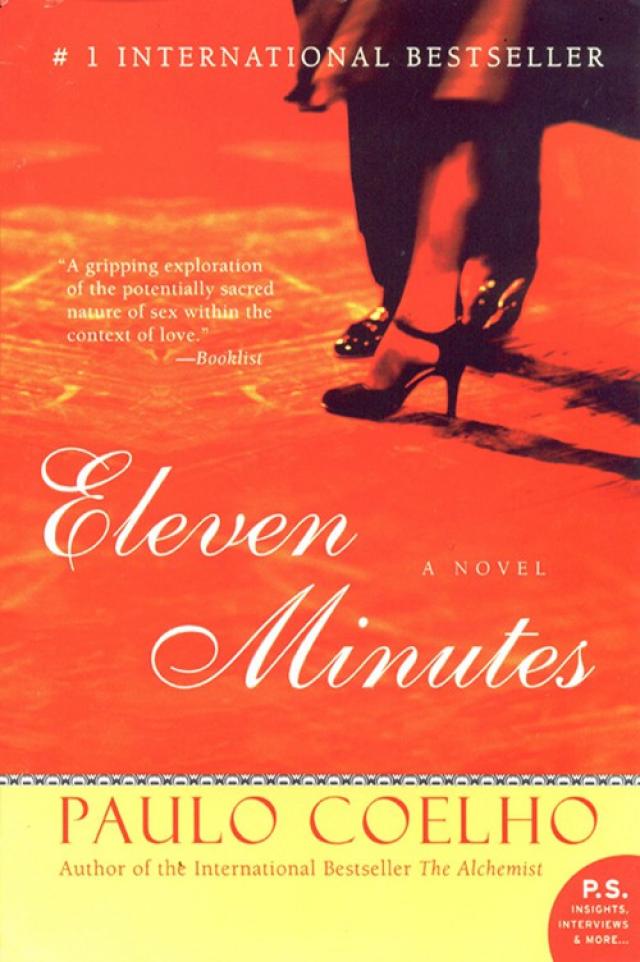
It was a terrible plan, execrably executed’. Major himself does not escape, amazingly granting Engel a rare interview but despite this courtesy the author concludes ‘John Major had a plan for the railways. Despite all the errors on the railways made by administrators and politicians throughout their 180 year history, Engel reserves his best acerbic comments for the incompetent and customer-unfriendly private train operators who were handed the running of the system by the Major government of the mid 1990s. They are a national disaster.’Įngels does, with consummate wit and charm manage to make a lot of good jokes at their expense, but interweaves this with a serious argument, that the railways have always been maltreated by those in power. There are, too, the odd signs of investment well spent but overall he rails: ‘The railways are not a national joke. To be fair, most of the staff are pleasant and dedicated, and none of his trains are seriously late. He had few preconceptions, having recently experienced delays on 17 out of his 20 journeys between Newport and London, but he expected rather better than the Virgin steward, Umerji, who addresses him while he is loitering in the shop seeking out his breakfast and something to read: ‘have a bacon roll, you c**t’ and then, while he is still hesitating, ‘or you will be hear all f*****g day’. You can almost feel his pain as he comes to realise just the poor state of the generality of services on the railways. But all he did was plunge from the frying pan into the mire.Įngel should have known that there is an uncanny similarity between railways and cricket: they were both invented by the British and yet we are crap at them.

The former editor of Wisden thought he would seek solace away from covering the ghastly state of cricket by touring around the country by rail and writing a book about it.


Matthew Engel, Eleven minutes late, Macmillan, £14 99, 324pp


 0 kommentar(er)
0 kommentar(er)
